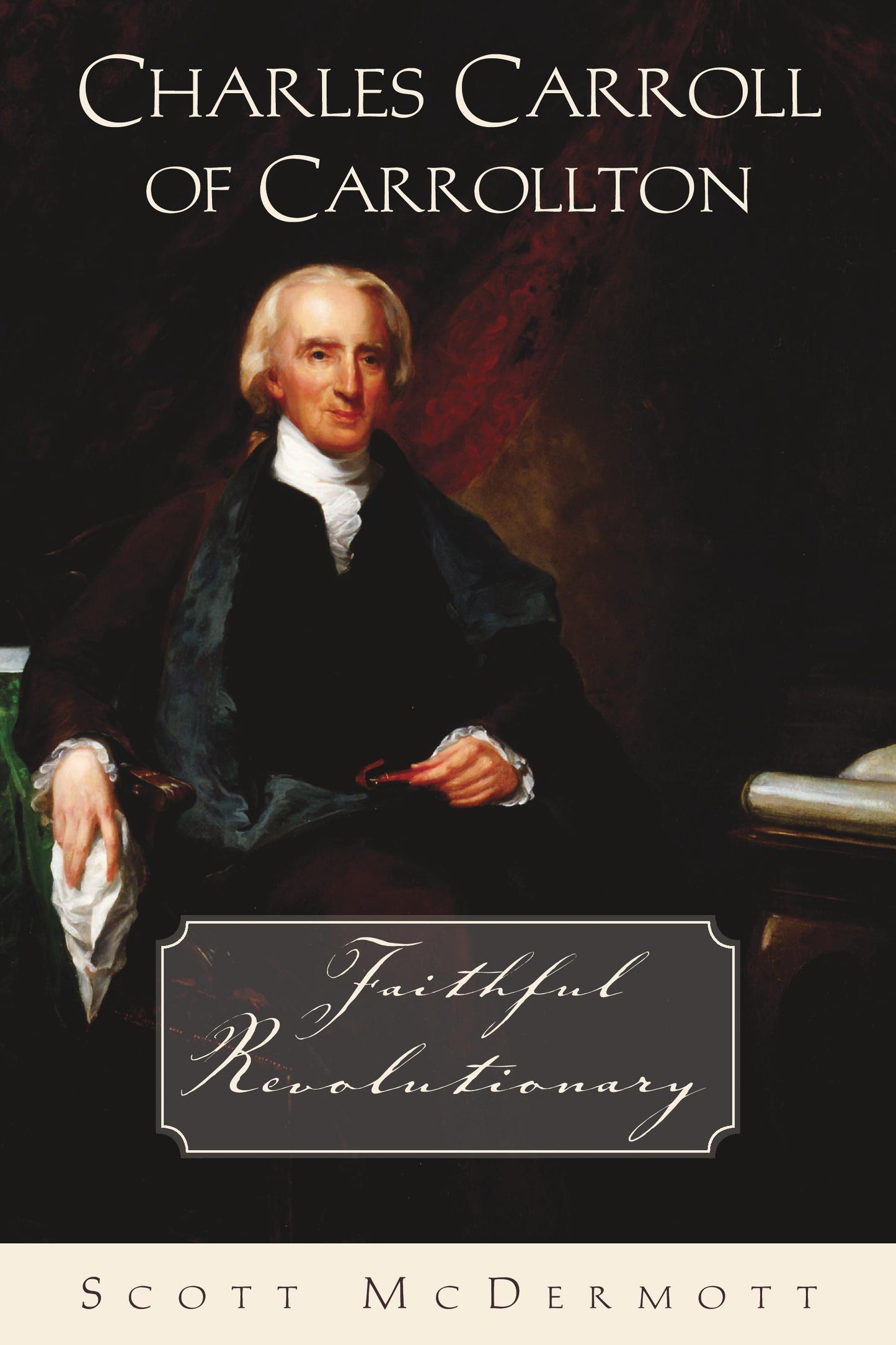1
/
of
1
Scepter
Charles Carroll of Carrollton
Charles Carroll of Carrollton
Regular price
$23.93 CAD
Regular price
Sale price
$23.93 CAD
Quantity
Couldn't load pickup availability
Charles Carroll of Carrollton (1737-1832) is one of the most important influences on the birth and early development of the United States. Although barred from voting or holding office in his native colony of Maryland on the eve of the Revolution, he actively worked for independence both before and after the outbreak of fighting in 1775. As the only Catholic signer of the Declaration of Independence and member of the Continental Congress, he implicitly supported Catholic social principles in the government of the emerging country and in its formative Constitutional period. Carroll elaborated a natural law basis for the idea of government legitimately based on the popular consent. And guided by the Catholic distinction between state and civil society he worked for a form of government whose power would be limited, checked, and balanced. Himself a victim of religious intolerance as a member of a minority religion, he supported the ending of state-sanctioned churches in order to allow religion to flourish on the basis of free personal choice. This development alone was probably the most significant in the future growth and influence of the United States, as it averted the main cause of religious warfare, and encouraged future immigration from non-English as well as non-Christians in generations to come.
Share


